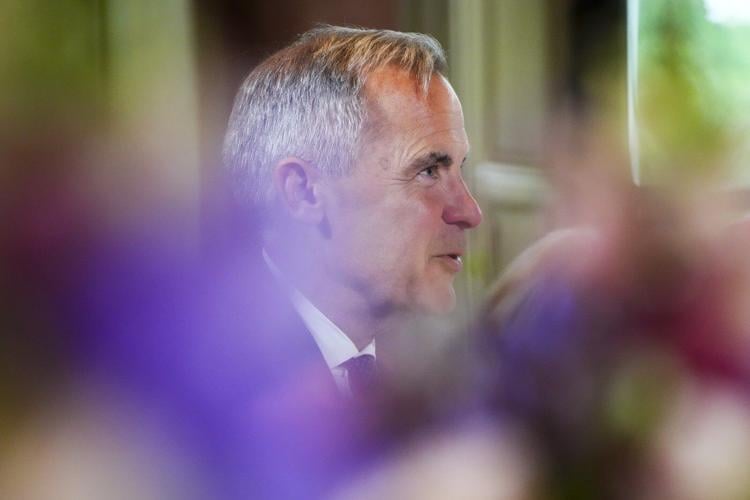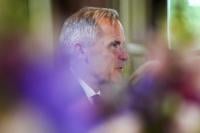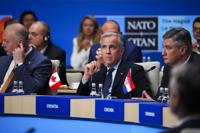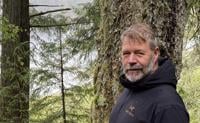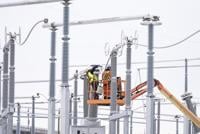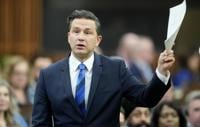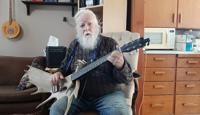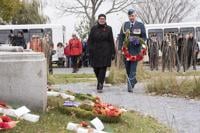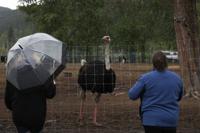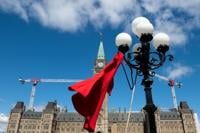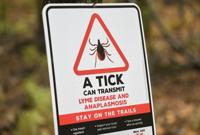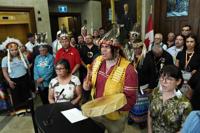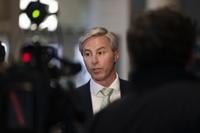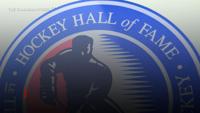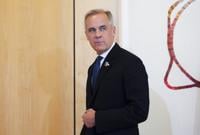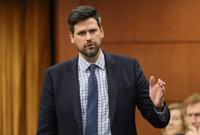THE HAGUE - Prime Minister Mark Carney says Canada and its NATO allies have agreed to substantially hike their defence spending target to five per cent of annual GDP by 2035.
At a press conference outside the NATO summit in The Hague Wednesday morning, Carney said Canada can no longer rely on geography to protect it as new weapons and threats emerge.
He said Canada's military has been woefully underfunded, resulting in equipment that doesn't work properly and underpaid service members.
"Throughout Canada's history, there have been turning points when the world's fortunes have been in the balance, and each time Canada has chosen to step up, to lead on the path of democracy and freedom. We're once again at one of those moments," Carney said.
"If we want the world of tomorrow to be shaped by our values, Canada must be ready. If we want a more secure world, we need a stronger Canada that works with our allies."
NATO Secretary General Mark Rutte has put forward a plan that says allies will invest 3.5 per cent of GDP in core defence needs — such as jets and other hardware — and 1.5 per cent in defence-adjacent areas, such as infrastructure and cybersecurity.
The new five per cent target represents a massive jump from the previous target of two per cent, which Canada has struggled to meet for years.
Carney has said the new NATO agreement will see the nation's annual defence budget increase to roughly $150 billion.
He said that the new pledge will be reviewed in 2029 to "ensure that the commitments align with the global security landscape."
Canada has not spent the equivalent of five per cent of GDP on defence since the 1950s and currently no member of NATO — not even the U.S. — spends five per cent.
Before Wednesday's meeting, Britain, France, the Netherlands and Germany had all committed to the five per cent target. NATO countries closer to the borders of Ukraine, Russia and its ally Belarus also pledged to do so.
Some countries, like Spain and Slovakia, expressed concerns about the target.
Before Wednesday's official meeting of the North Atlantic Council, Carney held bilateral meetings with Prime Minister Christopher Luxon of New Zealand and Prime Minister Kristen Michal of Estonia.
Carney was seen chatting with several leaders in the room at Wednesday's meeting, including French President Emmanuel Macron and British Prime Minister Keir Starmer. Foreign Affairs Minister Anita Anand also went over to speak for a few minutes with U.S. Defence Secretary Pete Hegseth.
A short video played before Rutte delivered remarks to the leaders assembled around a large table. He said the meeting was coming at a dangerous time, citing wars in the Middle East and Ukraine.
"This decision is deeply rooted in our core mission and is required to resource our plans and readiness," Rutte said. "This will also make NATO fairer, to ensure anyone and everyone contributes their fair share for our security.
"For too long, one ally, the United States, carried too much of the burden of that commitment. And that changes today," he added, saying that U.S. President Donald Trump "made this change possible."
— With files from The Associated Press and Kyle Duggan in Ottawa.
This report by şĂÉ«tvwas first published June 25, 2025.

